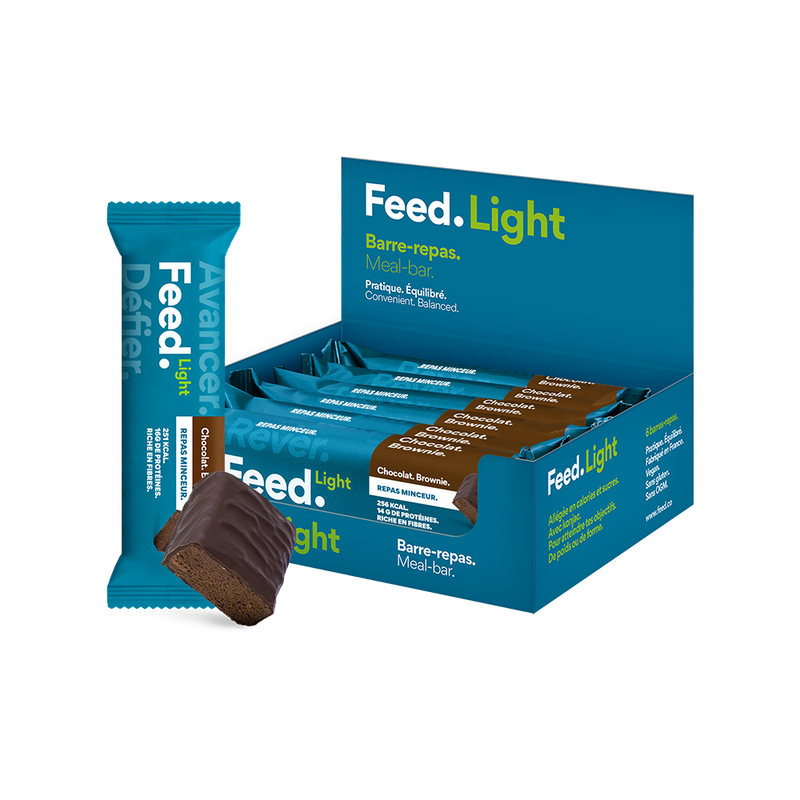As interest in plant-based nutrition and diets continues to grow, it is crucial to understand the importance of fiber in our diets. Fiber-rich foods play a vital role in the proper functioning of our digestive and bowel systems, preventing disease, and maintaining a healthy weight. However, many people do not consume enough fiber each day. Learn what foods to eat and our tips for eating a fiber-rich diet.
Why increase your fiber intake?
The health benefits of fiber
Dietary fiber has several health benefits:
- Blood sugar regulation: Soluble fiber slows the absorption of carbohydrates, helping to maintain more stable blood sugar levels. This is especially beneficial for people with diabetes or those at risk of developing it.
- Weight control: Foods high in fiber tend to be more filling and provide a greater feeling of fullness, which can help reduce hunger and limit calorie intake.
- Cardiovascular disease prevention: A high- fiber diet can help lower LDL cholesterol levels, thereby reducing the risk of heart disease and stroke.
- Improved digestion : Fiber helps regulate and facilitate intestinal transit. Insoluble fiber, in particular, increases the volume of stools, which facilitates their passage through the digestive tract and reduces the risk of constipation.
- Gut Microbiome Health : Fiber provides food for the good bacteria in your gut. A healthy gut microbiome is crucial for good digestion, a strong immune system, and even mental health.
Recommended fiber intake
According to French nutritional recommendations, daily fiber intake varies according to age and gender. However, a study conducted by Anses shows that the amount of fiber consumed in France is often lower than the recommendations. For adults, it is generally recommended to consume between 25 and 30 grams of fiber per day to stay healthy.
Food sources of fiber
Soluble and insoluble fibers
There are several types of dietary fiber :
- Soluble fiber: Found in some fruits, vegetables, legumes, oats and barley, these dietary fibers help regulate blood sugar and cholesterol.
- Insoluble fiber: Found in whole grains, nuts, leafy green vegetables, and some whole fruits, it supports digestive health by helping food pass through the digestive system more easily.
High Fiber Foods to Introduce into Your Diet
Here are some examples of high fiber foods to include in your diet:
- Whole grains: Oats, brown rice, quinoa, barley, and whole wheat are great choices to increase your fiber intake . Focus on whole-grain pasta and whole-grain products in your diet, as they are higher in fiber.
- Legumes (pulses): Beans, kidney beans, lentils and chickpeas are not only rich in fiber but also in vegetable protein.
- Nuts, seeds and tree nuts: Almonds, chia seeds and flax seeds also contain fiber.
- Fruits and dried fruits: Raspberries, apples and pears are among the fruits with the highest fiber content . Dried fruits such as dried apricots, raisins and dates also have a high fiber content.
- Vegetables: Spinach, broccoli, Brussels sprouts and carrots are good sources of fiber .
These high-fiber foods are easy to incorporate into your diet, but you can seek advice from a nutritionist if necessary.
Practical tips for increasing your dietary fiber intake
Simple and effective substitutions in your diet
To increase fiber intake without disrupting your eating habits, try these easy food substitutions:
- Replace white bread with whole grain or multi-grain bread.
- Use brown rice or quinoa instead of white rice.
- Add grated or diced vegetables to your sauces, soups and stews.
Get inspired by plant-based recipes
By exploring meals with more plant-based protein , you'll discover new flavors and textures while increasing your fiber intake . Consider making salads topped with legumes and nuts , smoothies with fruits and vegetables , and pasta dishes with assorted vegetables.
Consume Feed. Light meal bars
Feed. Light meal bars are rich in dietary fiber and contain all the essential nutrients for a good diet. One bar replaces a protein-rich and fiber-rich meal. It provides you with rapid and lasting satiety.
In summary.
Gradually incorporating more dietary fiber into your daily diet provides many health benefits, including improved digestion, weight control, and the prevention of chronic diseases. By diversifying your food sources and focusing on foods high in fiber, you can easily reach your recommended fiber intake . Before starting any diet, it is important to seek advice from a health professional.























